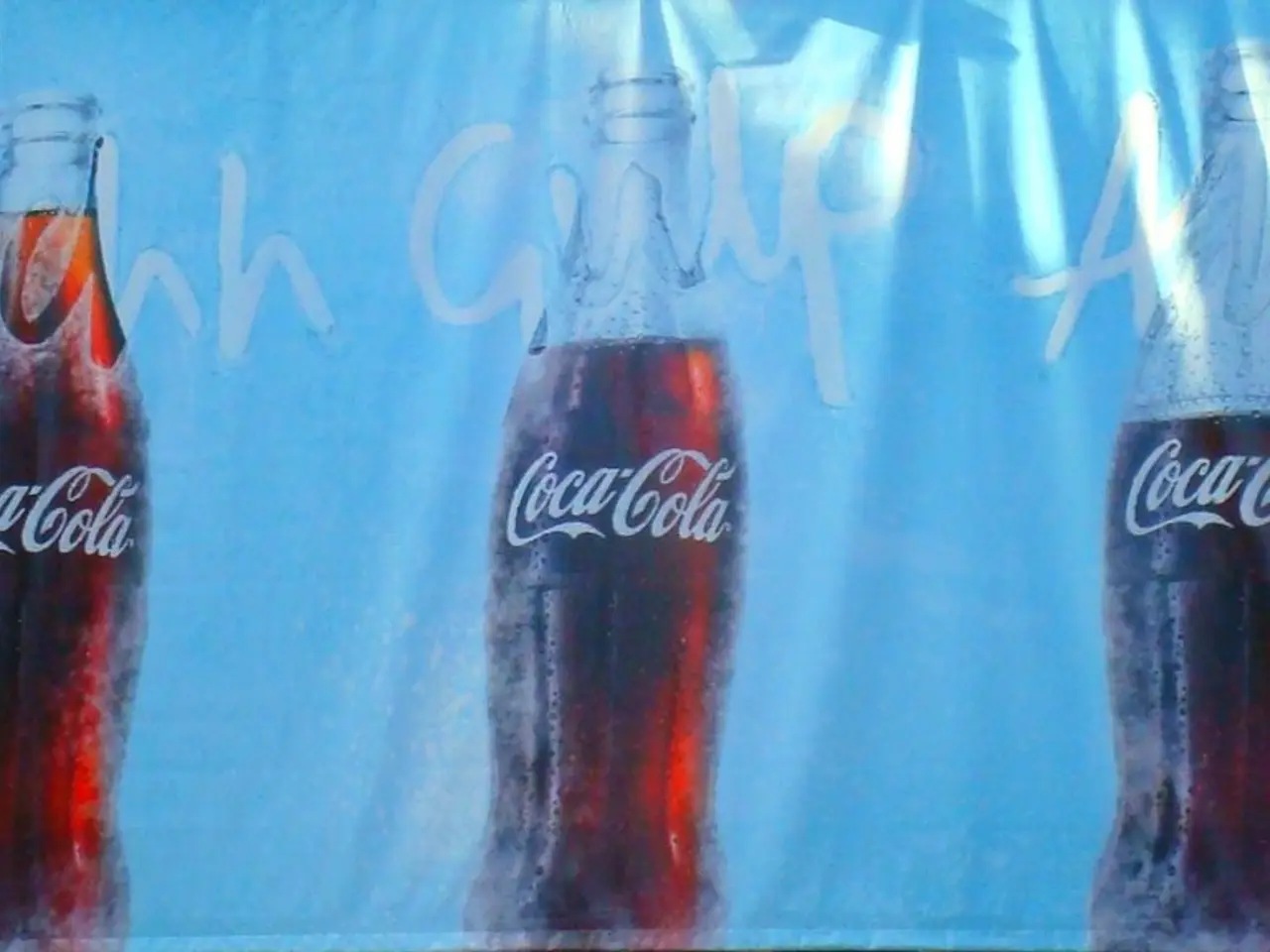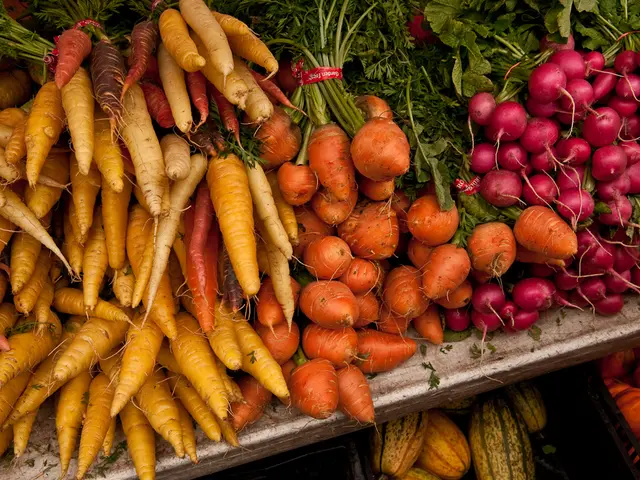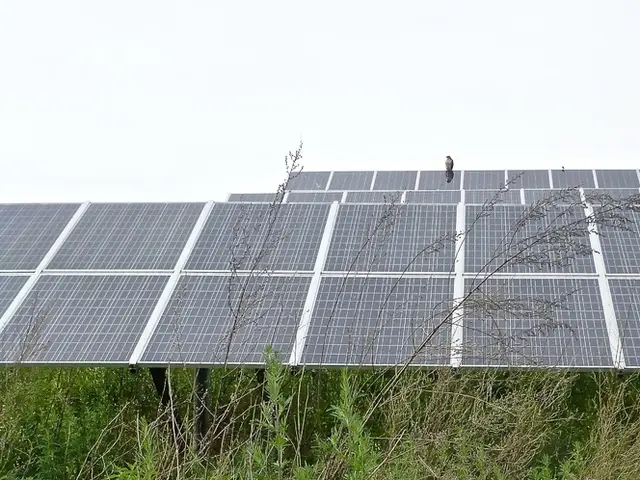Bio-crafted and eco-friendly substances, referred to as Solinatra resins, have proven their efficiency in manufacturing and are already being utilized.
In the quest for sustainable alternatives to traditional plastics, Solinatra has emerged as a trailblazer. The company, based in an undisclosed location, specialises in the design and production of materials made from agricultural byproducts. Solinatra's resins are certified to internationally recognised standards, including EN 13432, ASTM D6866, and Regulation (EU) No. 2020/1245. These certifications ensure that the materials meet rigorous criteria for compostability and biodegradability. One of the key applications of Solinatra resins is in mangrove planting pots for ocean-side reforestation and thermoformed nursery pots. These pots degrade safely in soil or compost after use, preventing pollution of fragile marine ecosystems. The resins are also used in the production of single-use hotel amenities, such as toothbrushes, combs, shoe horns, and cotton bud sticks, which decompose cleanly and safely. In the food and beverage sector, Solinatra resins are used to manufacture biodegradable cutlery, compostable straws, and sustainable coffee capsules. All these products are safe for food contact and structurally stable. The resins are also suitable for industries requiring slight flexibility or contact resilience, such as medical devices and food-service packaging. Solinatra's materials provide the same consumer experience as traditional plastics while delivering environmental benefits. The company's extrusion-compatible range includes Light X, Dark X, and Straw resins, and they offer flexible product designs such as Food Flex, Light Flex, and Dark Flex. The resins maintain consistent flow behavior and output quality during production. They are specifically formulated to work on standard plastic processing equipment without requiring tooling modifications or expensive process adjustments. Solinatra's materials are compatible with standard production systems, ensuring seamless integration into existing workflows. Solinatra's core product range includes three primary bio-resin grades: Solinatra Bio-resin, Universal Light, and Universal Dark. These grades cater to varying stiffness, flexibility, and mouldability requirements. The materials are home and industrially compostable, certified by TÜV Industrial. Commercial partners report no reduction in yield or increase in cycle time after switching from petroleum-based polymers to Solinatra resins. Moreover, Solinatra's resins are already utilized across multiple industries, not just in pilot trials, but in functioning supply chains. In addition to Solinatra, another company making waves in the sustainable materials sector is Alberdingk Boley. They offer environmentally friendly acrylate and polyurethane dispersions, polyols, and oil products suitable for different applications. In conclusion, Solinatra's eco-friendly resins are revolutionising industries by providing sustainable alternatives to traditional plastics without compromising on quality or consumer experience. Their commitment to environmental sustainability and innovative approach to material design make them a promising player in the global shift towards more sustainable practices.
Read also:
- Industrial robots in China are being installed at a faster rate than in both the United States and the European Union, as the global market for these robots faces a downturn.
- EAFO Research Uncovers Crucial Elements in Electric Vehicle Adoption within the EU
- Excess Solar Energy in the Grid: Challenges for Photovoltaic System Owners
- Sungrow and EP Produzione Sign Contract for a 220 MWh Battery Storage Venture in Sicily








